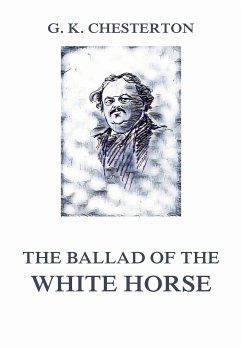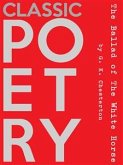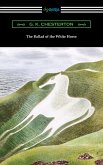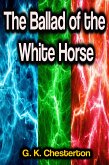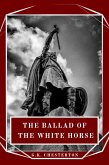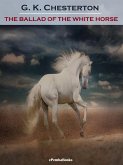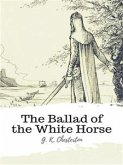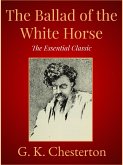Gilbert K. Chesterton has kept his finest energies for fashioning the verses and symbolism of this ballad-epic - the story of King Alfred and the Danes. The London Nation said of the book: "e;We are certainly inclined to prophesy that 'The Ballad of the White Horse' will live very much longer than any other of Mr. Chesterton's writings. It is the best and most important thing he has done."e;
Dieser Download kann aus rechtlichen Gründen nur mit Rechnungsadresse in A, B, BG, CY, CZ, D, DK, EW, E, FIN, F, GR, H, IRL, I, LT, L, LR, M, NL, PL, P, R, S, SLO, SK ausgeliefert werden.

